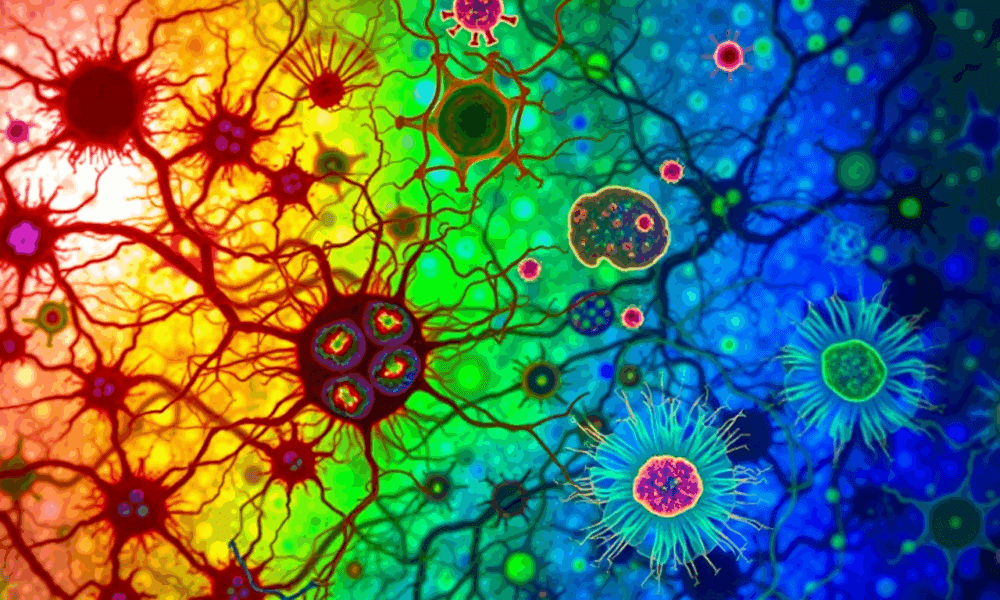
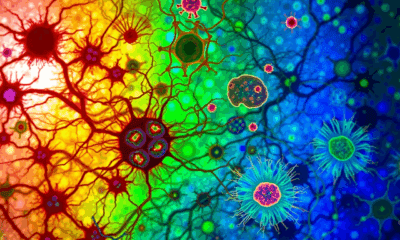

Pancreatic cancer cells are known for being hard to treat, partly because they change the environment around them to block drugs and immune cells. Scientists discovered...
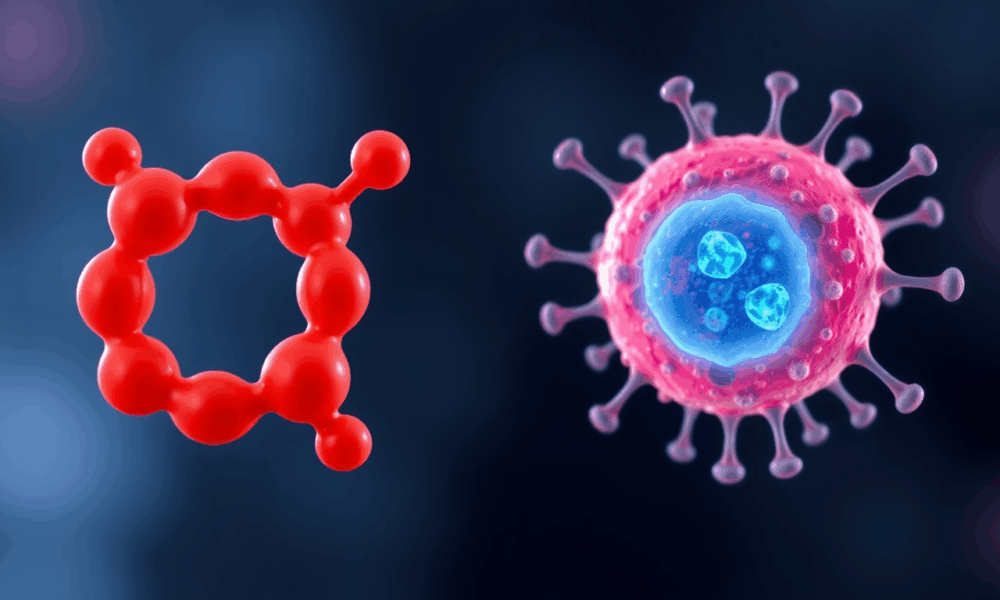
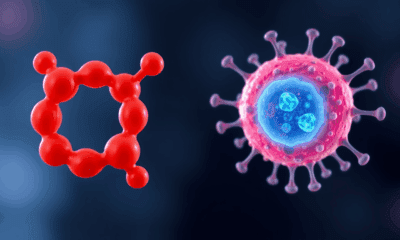

In a fascinating twist, Mayo Clinic researchers discovered that a sugar molecule cancer cells use to hide from the immune system might also protect insulin-producing beta...



A compound best known for giving almonds and apricots their aroma may be the key to defeating hard-to-kill cancer cells. Japanese researchers found that benzaldehyde can...
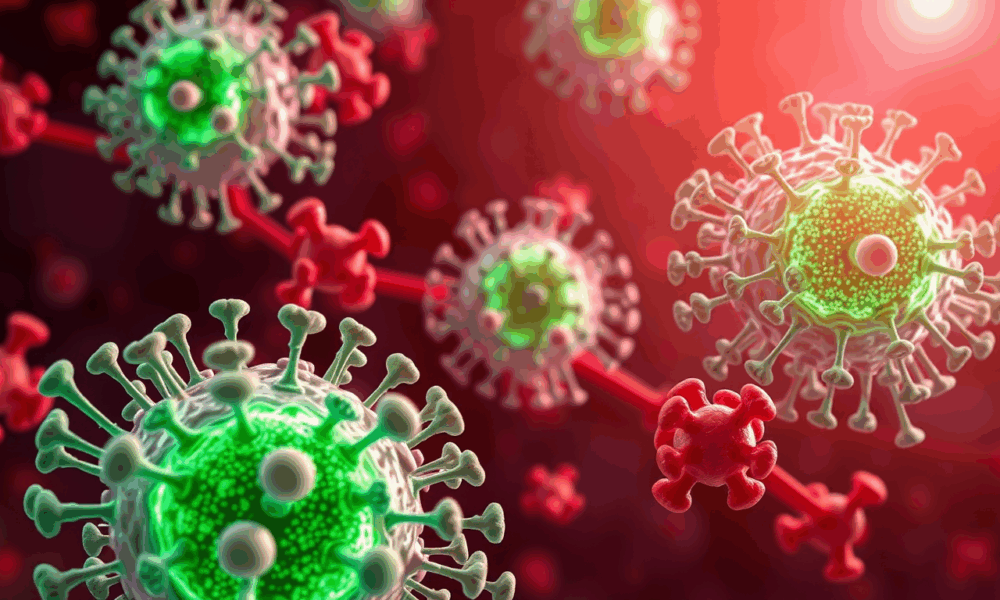
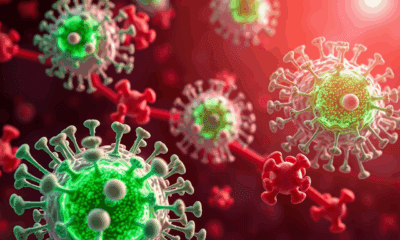

Scientists have discovered how pancreatic cancer cells thrive in the lungs or liver, environments that are as distinct to cells as the ocean and desert are...



An artificial intelligence technique for detecting DNA fragments shed by tumors and circulating in a patient's blood could help clinicians more quickly identify and determine if...



Researchers have completed a comprehensive analysis of cancer statistics for different age groups in the United States and found that from 2010 through 2019, the incidence...
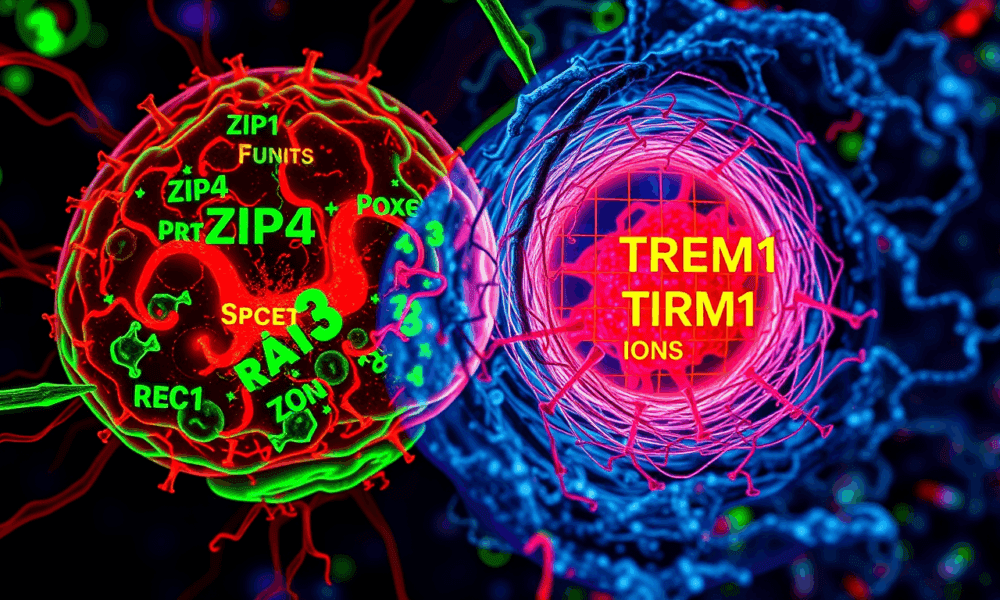
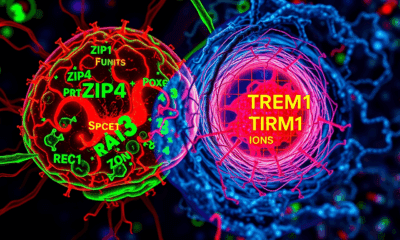

Researchers detail their discoveries about why the brain tumor glioblastoma is so aggressive. Their findings center on ZIP4, a protein that transports zinc throughout the body...



By using antibodies from a human donor with a self-induced hyper-immunity to snake venom, scientists have developed the most broadly effective antivenom to date, which is...
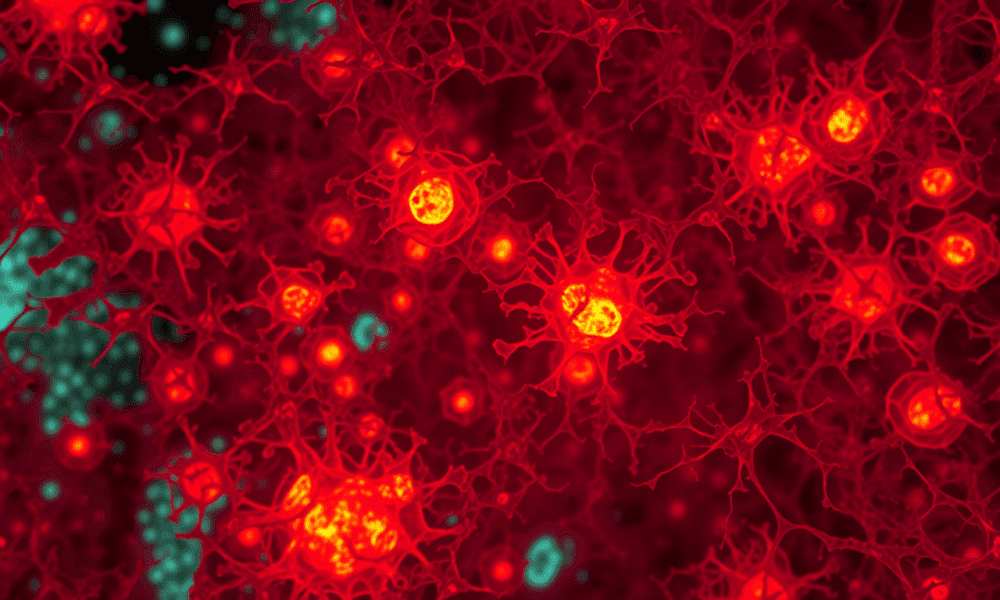
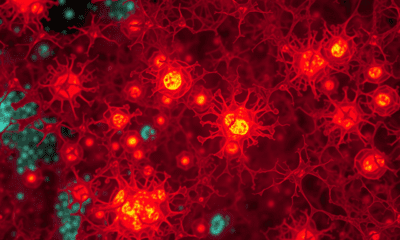

A study demonstrates the role of the Galectin-1 protein in the nucleus of the cells surrounding the tumor -- fibroblasts -- contributing to their activation. Activated...
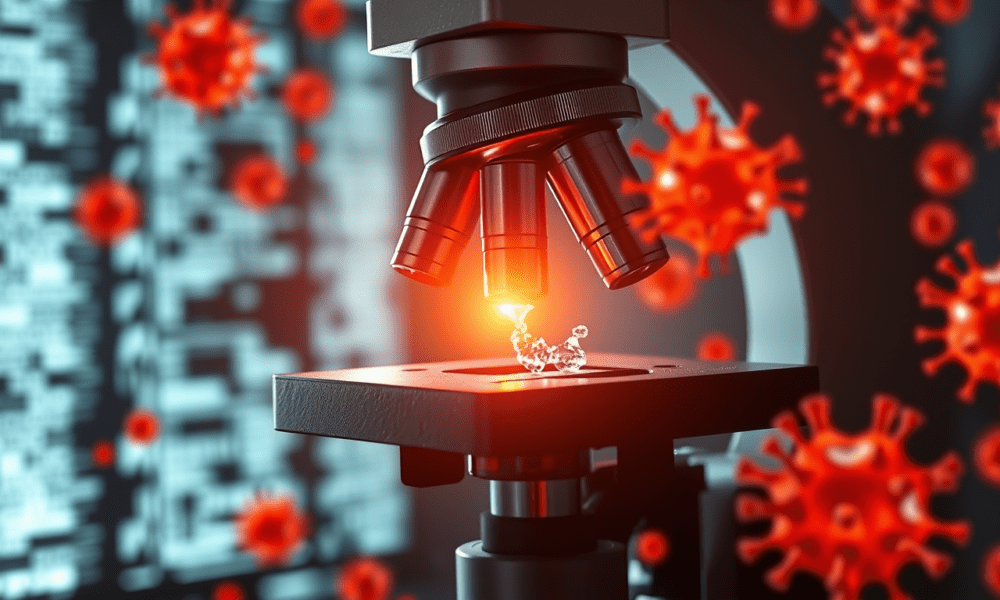
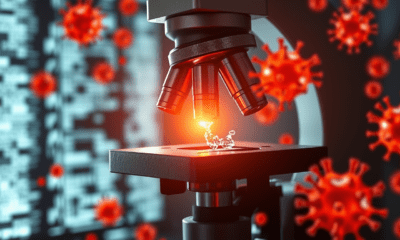

The powerful potential of nano technologies and AI to detect oral cancer earlier and more accurately have been revealed by a new study.